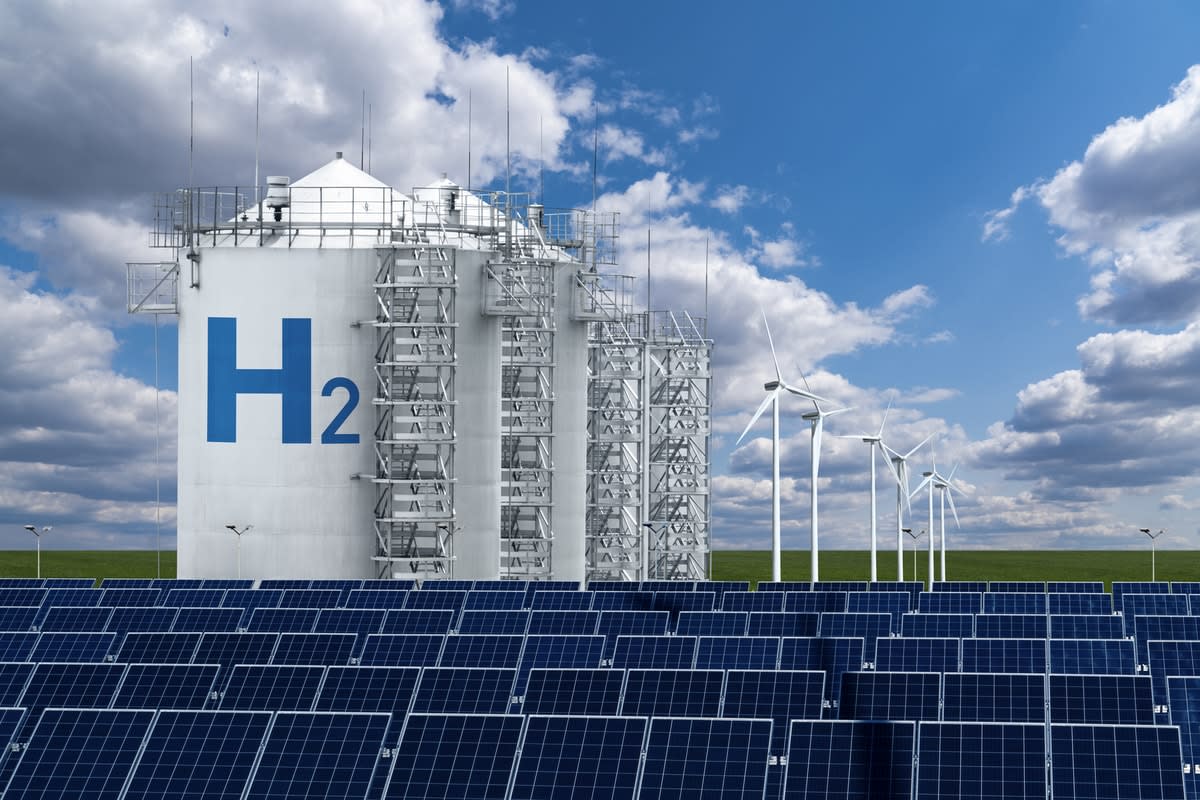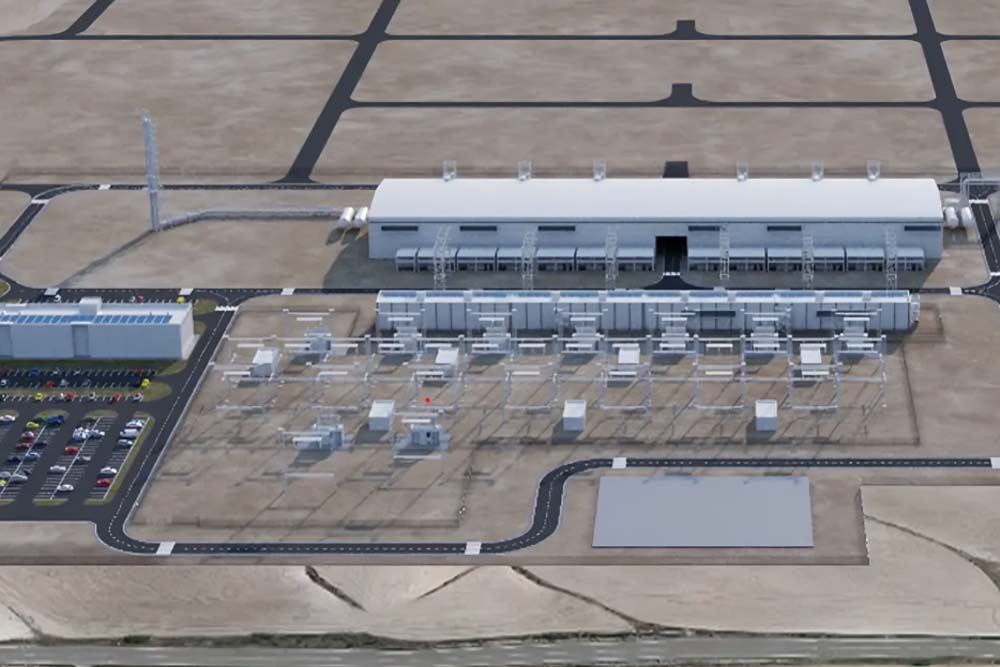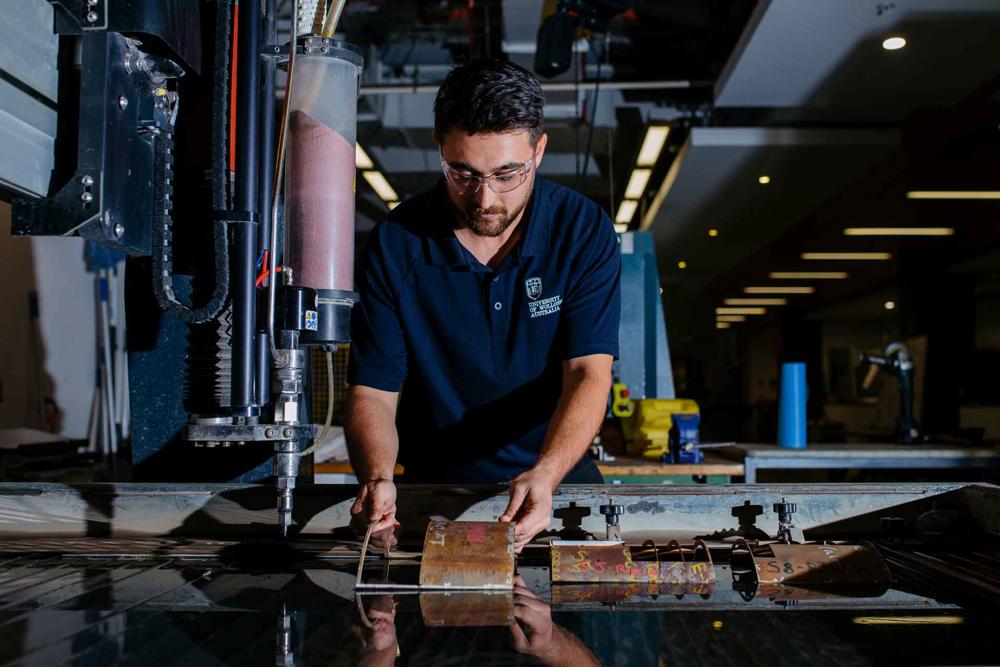
Researchers from Monash University, together with Woodside Energy, have published a detailed assessment of how hydrogen energy can be environmentally produced at scale for industry use.
The use of hydrogen as a replacement for fossil fuels has the potential to lower greenhouse gas (GHG) emissions and contribute to more sustainable energy systems.
The high cost of green hydrogen is currently a significant barrier to its production, along with the uplift in production necessary to achieve environmental benefits at a global scale.
Overcoming these barriers will require a detailed assessment of the resources, environmental impacts, and energy flows that result from the development of a worldwide green hydrogen industry.
In partnership with Woodside Energy, this study assessed the life cycle net energy balance and GHG emission performance of large-scale hydrogen production via water electrolysis and solar photovoltaics (PV).
The study’s focus is the viability of hydrogen production in Australia for export to a global market.
The team of Monash researchers consisting of Professor Damon Honnery, Associate Professor Andrew Hoadley, Dr Graham Palmer and Dr Roger Dargaville, produced a detailed assessment of how hydrogen energy can be environmentally produced at scale for industry use, which was published in the Journal of Energy and Environmental Science.
Project researcher Dr Graham Palmer from the Department of Mechanical & Aerospace Engineering at Monash University said that due to the scale of hydrogen production necessary, understanding the environmental impacts of green hydrogen production as a replacement for fossil fuels will be critical to its success.
He continued: “To do this we have assessed hydrogen production from solar energy including both grid and battery backup over the full life cycle and undertaken a detailed sensitivity analysis.”
“We found that under baseline conditions, the GHG emissions are around one-quarter that of the currently dominant process for hydrogen production, steam methane reforming (SMR).
“However, sensitivity analysis shows that GHG emissions may be comparable to SMR under reasonably anticipated conditions.”
There are many applications for hydrogen, such as providing zero-emission fuels for long-haul transport and mining, providing feedstock to reduce GHG emissions in heavy industries, offering flexibility and system security services to electricity grids, and replacing natural gas in domestic gas networks.
Woodside undertakes life-cycle assessments (LCA) to support regulatory requirements and to educate stakeholders on the life-cycle impacts of the company’s operations.
However, LCA databases typically lack information on developing technologies, which is of critical importance in many areas of ‘New Energy’, especially hydrogen production, where existing technology pathways don’t yet exist.
Woodside senior vice president for climate Dr Tom Ridsdill-Smith said: “There are multiple ways to produce hydrogen, each with different costs and emissions profiles.
“Furthermore, every individual project is unique, and this tool will help us and the industry as a whole to rigorously evaluate emissions and economic performance.”
Lead researcher and deputy dean of operations in the Faculty of Engineering Professor Damon Honnery said understanding the link between material use and the benefit of hydrogen production was an important part of the study.
He added: “Given the scale of transition in global energy systems needed to limit global temperature rise to 1.5 degrees Celsius, it is critical that we get the best outcome from the materials used to build large scale energy systems.”
Director of the Woodside Monash Energy Partnership Professor Paul Webley said understanding the true carbon footprint for hydrogen production is essential to certify the hydrogen for international trade.
Webley continued: “This study is an important contribution for hydrogen certification and to understand the full impact for the emerging hydrogen economy.”
The next phase of the project will see the development of an environmental impact and energy assessment tool to enable Woodside Energy to undertake the detailed planning needed to develop large-scale green hydrogen production.








